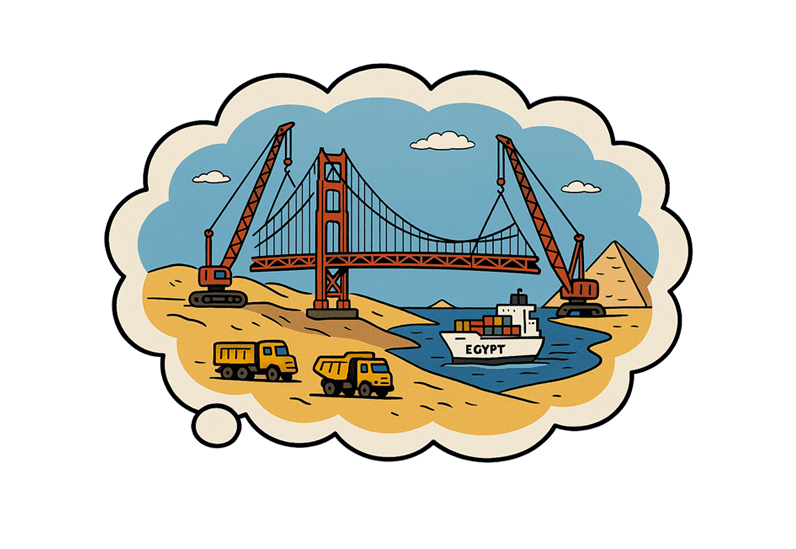It is no secret that good communication lies at the heart of every strong relationship; this is as true for professional correspondence as it is for personal. To truly understand the needs and intentions of a client, partner, customer or investor, you need to be speaking the same language, figuratively and literally. Of course, with industries spanning continents and businesses branching overseas, this is much easier said than done.
As of 2023, there are over 7,000 mother tongues and dialects spoken worldwide. That said, over half the world’s population speak one of only 23 languages. These form the backbone of global business, facilitating international relations and growth. From engineering and manufacturing to finance, healthcare and marketing, it is crucial that business communications are properly understood. In order to foster meaningful relationships and avoid costly misunderstandings, accurate translation of these languages is a necessity.
In the following article, we’ll discuss the languages that are essential for international business and why you should be aware of them.
English
With roughly 400 million native speakers worldwide, it should come as no surprise that English exists as a dominant force in the world of business. Not only is it the first or second language of more than 1.5 billion people, making it the most widely spoken language on Earth, but it is widely accepted as the go-to language for trade, academia and commerce.
Often hailed as the language of business, English is frequently used to bridge the gap between cultures. For non-English-speaking organisations, translating content to English ensures accessibility and a much wider audience reach. It is worth noting that due to the vast quantity of colloquialisms, cultures and regional dialects in the United Kingdom, high-quality English translation is essential.
Mandarin Chinese
No discussion of international business languages would be complete without mentioning Mandarin Chinese. Boasting one of the largest consumer markets in the world, with over 1.4 billion people, this Chinese dialect is among the most important languages within the world of trade, finance and investment.
From the tech capital of Shenzhen to the business hub that is Shanghai, China is an economic powerhouse; the country’s 3000 year-old native dialect is spoken by over 1.2 billion people worldwide. Not only is Mandarin commonly spoken across China and South Asia, it is also a dominant internet language, going head to head with English in terms of web traffic. For businesses looking to future-proof their operations and capitalise on China’s abundance of opportunity, flawless Mandarin translation is a must.
Finally, it is worth noting that the Mandarin Chinese dialect is sprinkled with idioms, or ‘Chengyu’. Effective business communication relies on accurate translation of these culturally specific phrases.
French
Traditionally, French is thought to be the language of love. Be that as it may, it is also an official language in 29 countries and spoken by over 300 million people worldwide, making it a major player in terms of international business communication. Several wealthy nations, including Canada, Switzerland and Belgium recognise French as an official language as well as the European Union and United Nations. This alone makes proficiency in French a valuable asset for individuals involved in EU affairs, international trade, and cross-border business activities within the European market.
Moreover, as one of the world’s top ten economies, France is a dominant force within a variety of industries, including aerospace, automotive, fashion and pharmaceuticals. The ability to translate and understand business transactions, negotiations and partnerships with French-speaking businesses, investors, customers and clients is, understandably, invaluable.
Spanish
For businesses hoping to broaden both their European and American horizons, it’s impossible to overlook the Spanish language. Spoken by around 493 million people globally and spanning multiple continents, Spanish is not only the official language of 20 countries, it is also recognised as the universal business language for South and Central America.
As touched upon previously, Spanish is the second most commonly spoken language in the United States, second only to English; the Hispanic market exists as a significant consumer group with increasing purchasing power. Being able to communicate in Spanish allows businesses to connect with these communities, tailor their marketing strategies and provide culturally relevant products and services, fostering customer loyalty and growth.
Of course, the US is far from the only market reliant on Spanish speaking audiences. Countries such as Mexico and Spain have significant economic influence and promising emerging markets. Conducting business in Spanish allows companies to tap into these economies, explore trade prospects, and establish strategic partnerships.
Arabic
The value of Arabic for international businesses should not be underestimated. The 2000 year-old dialect is not only one of the United Nations’ six official languages, it is also spoken by over 300 million people, many of whom reside in the Middle East and North Africa. From construction and natural gas to banking and insurance, this area is home to a number of swiftly growing economies, abundant natural resources, and diverse industries.
Similarly to Asian dialects, the Arabic language is interspersed with colloquialisms and nuance. From greetings and farewells to demonstrations of respect, preserving these cultural variations in the translation of business communications is essential.
Bridging The Gap With Brightlines
It goes without saying that accurate, human translation is a priceless asset for businesses hoping to foster meaningful international relationships. Cutting corners and choosing artificial alternatives will lose you credibility and, quite possibly, your career. But, flawless translation is no small task and requires an understanding of cultures, nuances and etiquette. After all, translation goes beyond the mere replication of words in another language.
Here at Brightlines, our expert linguists have helped countless global brands widen their reach, maintaining cultural sensitivity alongside an acute understanding of business procedures. No word-for-word meaningless computer translation, no AI mess-ups, just real human services that reinforce your business’ reputation for excellence. Get in touch to discuss your business requirements today.







